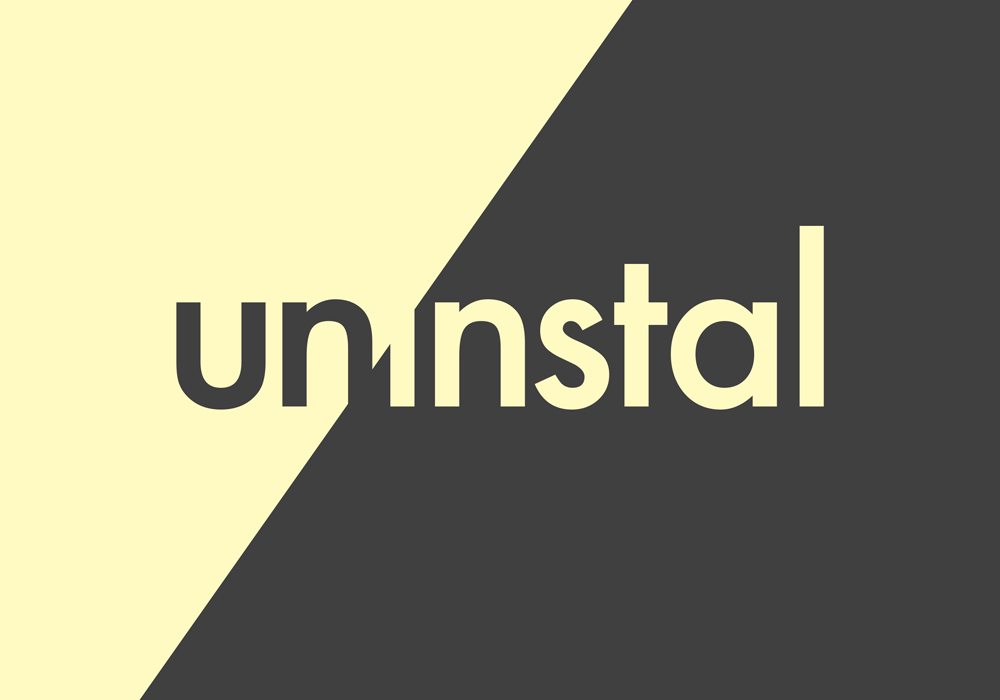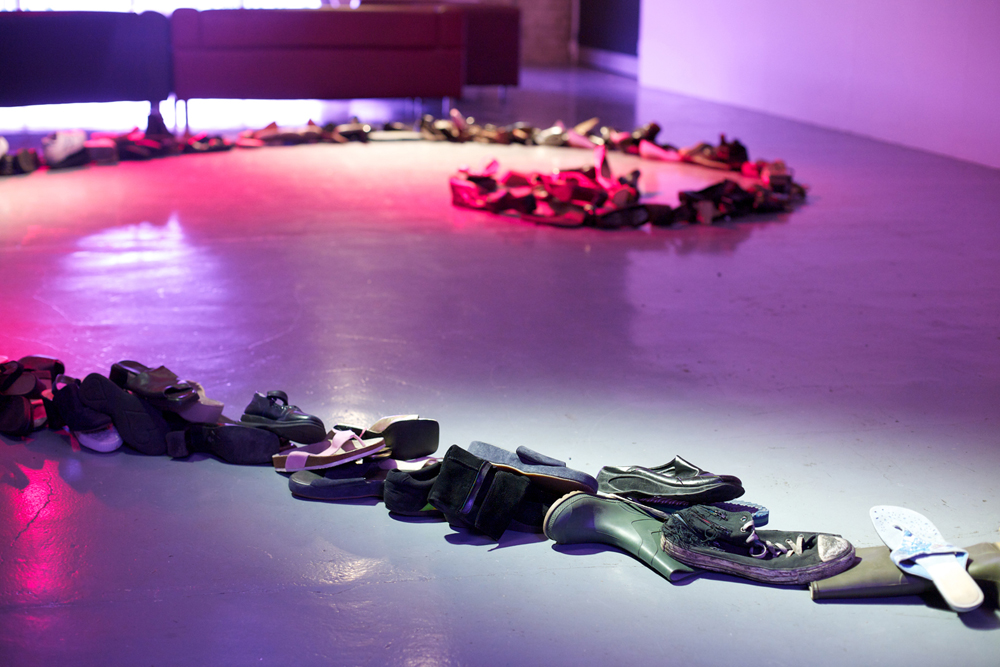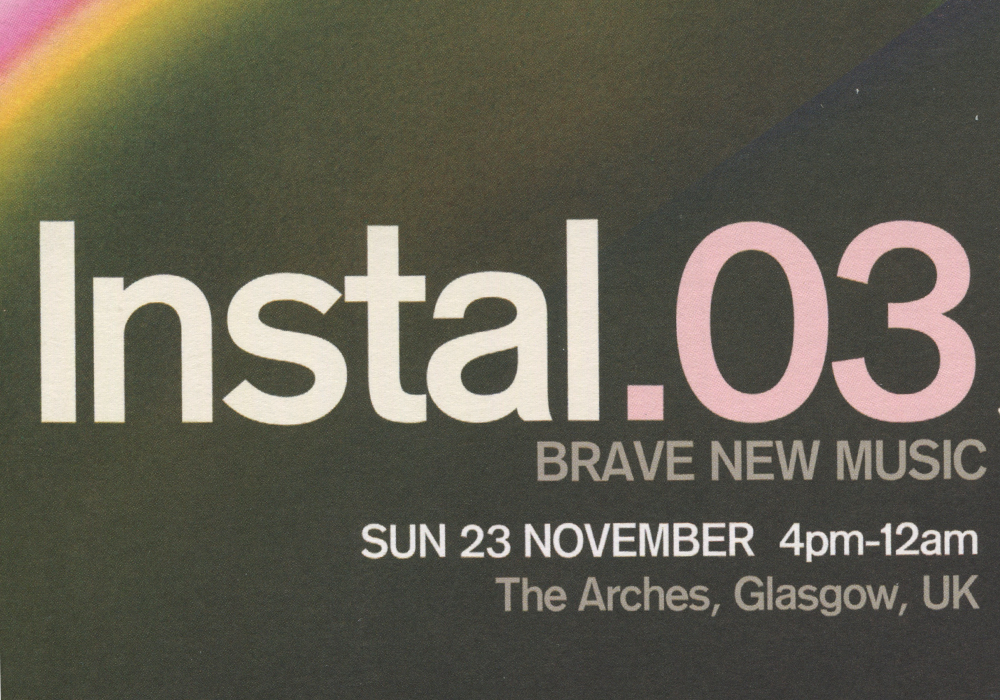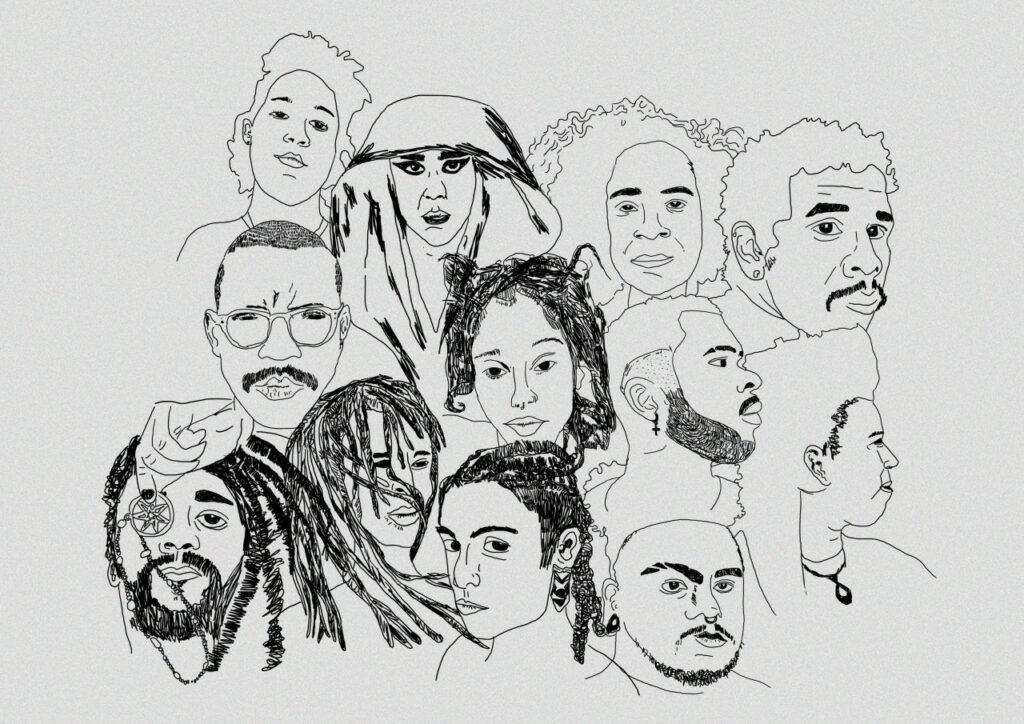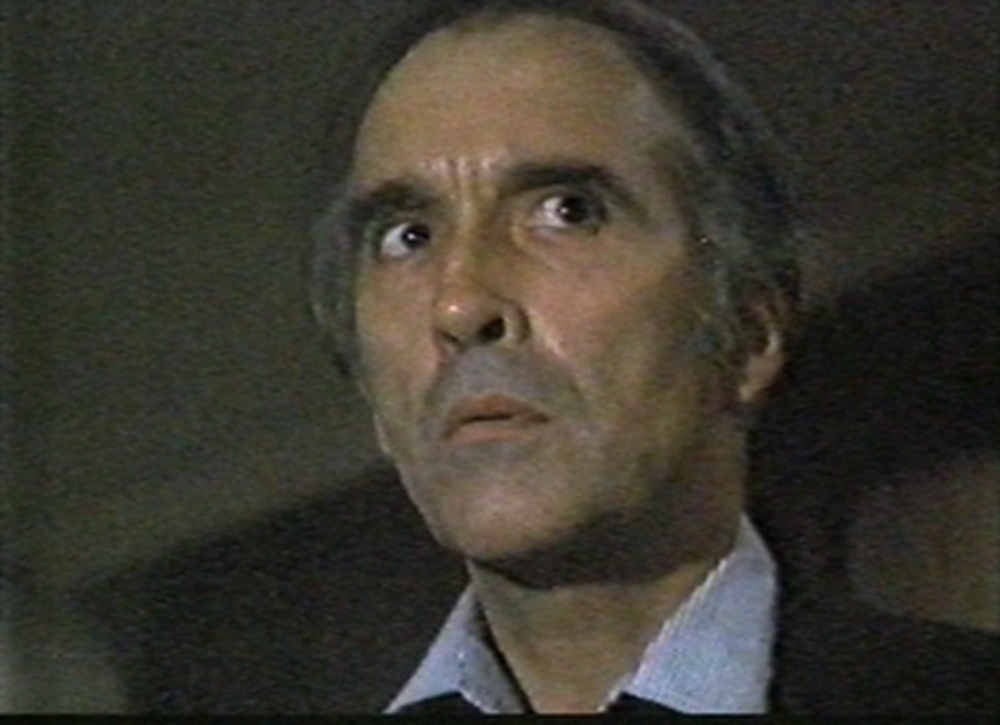
Film Programme 5: Drama
Christian Marclay Ian Helliwell Various Artists
Whether drawing their own fractured, abstract narrative, or re-contextualising, chewing up and spitting out someone else’s, each of the films here take a dramatic arc as their starting point and throw it to the wind.





